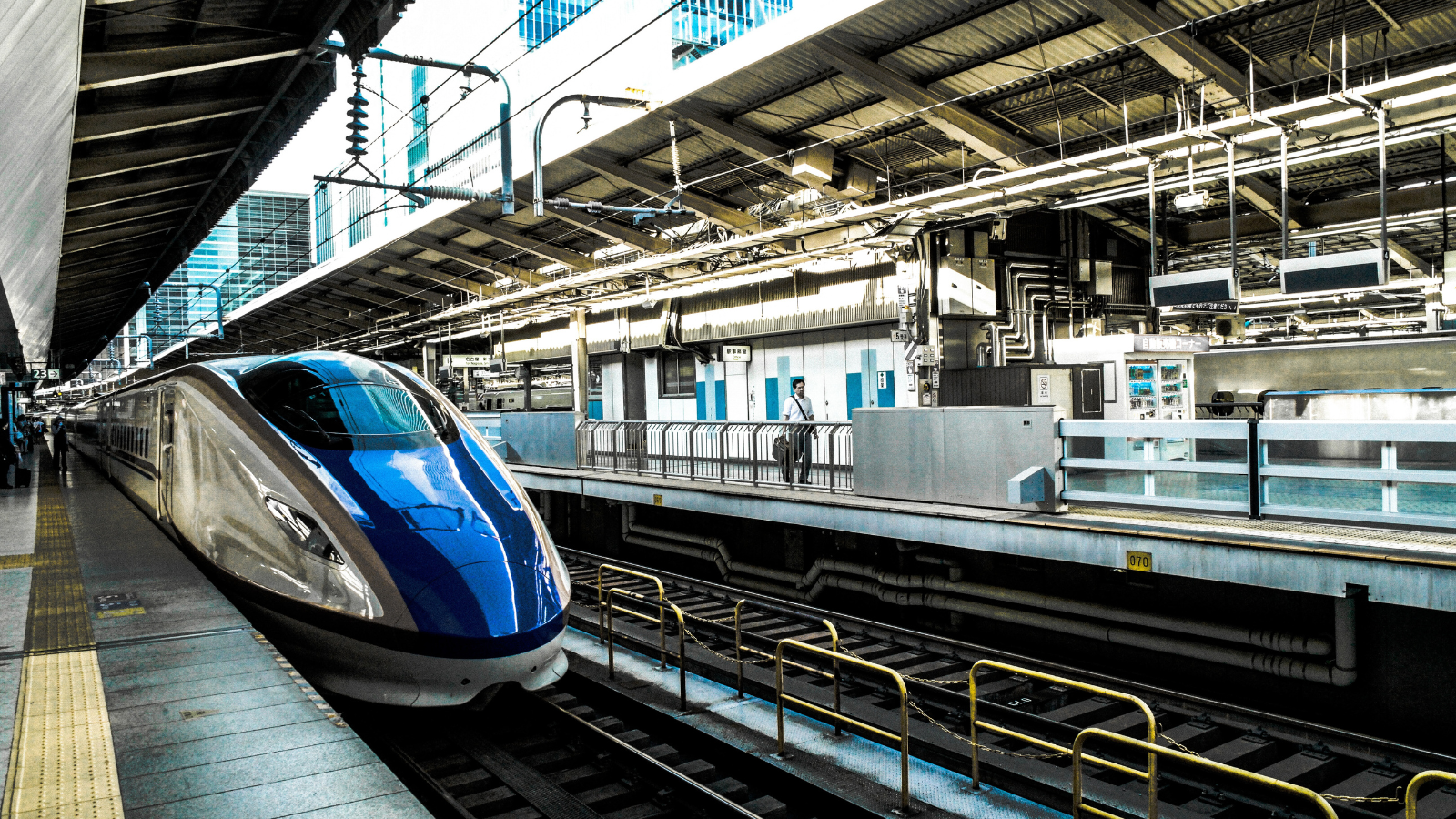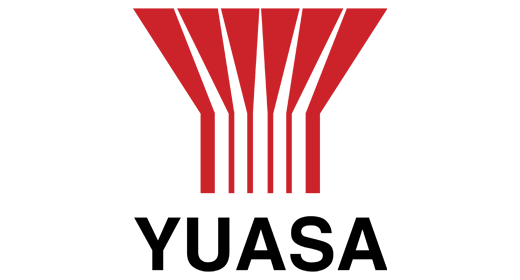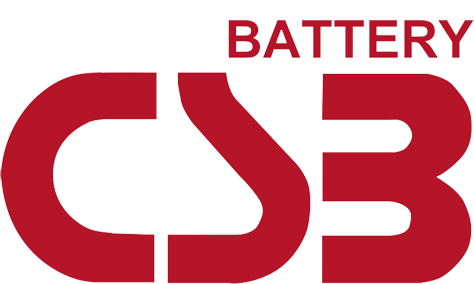Ensuring Uninterrupted Rail Operations: The Crucial Role of UPS in the UK Rail Industry
The UK rail industry transports millions of passengers and goods nationwide every day. With the increasing demand for reliable and efficient rail services, the industry faces significant challenges in maintaining its infrastructure and ensuring uninterrupted power supply to its systems. This is where uninterruptible power supplies (UPS) come into play.
UPS systems provide emergency backup power to critical systems in case of power outages or fluctuations. They are essential for ensuring the continuous operation of equipment, such as signalling systems, communication networks, and security systems. UPS systems play a crucial role in ensuring rail network safety and reliability.
The UK rail industry has undergone significant changes in recent years. Privatisation in the 1990s led to the separation of infrastructure and train operations. Network Rail owns and manages the infrastructure, while various private companies operate train services. This separation has led to a more competitive and efficient industry. However, it has also introduced new challenges in maintaining infrastructure and ensuring an uninterrupted power supply.
The UK rail network is a complex system that relies heavily on electricity. Power is required for many functions, including signalling, lighting, heating, ventilation, and air conditioning. In addition, the rail industry has become increasingly dependent on electronic systems, such as train control systems, ticketing systems, and communication networks. These systems are critical to the safe and efficient operation of the rail network and require protection from power outages or fluctuations.
UPS systems deliver backup power to critical systems in case of power interruptions. They are typically positioned in data centres, hospitals, and other facilities that require an uninterrupted power supply. UPS systems are used in the rail industry to back up critical equipment, such as signalling systems and communication networks. They also protect against power surges and spikes, which can damage sensitive electronic equipment.
One of the vital benefits of UPS systems is their ability to provide instant backup power in case of power outages. This is important in the rail industry, where any disruption to the power supply can cause significant delays and safety risks. With a UPS system in place, critical systems can continue to operate for a period, allowing for a safe and orderly shutdown if necessary.

As well as providing backup power, UPS systems also protect against power fluctuations. Power surges and spikes can occur because of a range of factors, including lightning strikes, switching operations, and equipment failure. Power fluctuations can damage sensitive electronic equipment and cause system failures. UPS systems regulate the power supply and protect against fluctuations, ensuring critical equipment safety and reliability.
UPS systems in the UK rail industry are governed by standards and regulations. These include the Rail Industry Standard for the Design of Electrical Installations (RIS-7700-INS), which sets out the requirements for electrical systems design and installation in the rail industry. This standard requires critical systems, such as signalling and communication networks, to have backup power in case of power interruptions.
Another regulation is the Railways and Other Guided Transport Systems (Safety) Regulations 2006, which set out rail industry safety requirements. These regulations require all rail equipment and systems to be designed and operated safely. This includes UPS systems to ensure critical systems run uninterrupted.
UPS systems in the UK rail industry are not without their challenges. The maintenance and testing of the systems can be challenging. UPS systems must be regularly maintained and tested to ensure they operate correctly and provide adequate backup power. This can be complex and time-consuming, particularly in large and complex rail networks.
Another challenge is the cost of installing and maintaining UPS systems. While UPS systems are essential for ensuring critical systems' reliable operation, they can be costly to install and maintain. This can be a challenge for smaller rail operators who may not have the resources to invest in UPS systems.
Despite these challenges, UPS systems in the UK rail industry are essential for ensuring the dependable operation of the rail network. With the increasing reliance on electronic systems and the growing demand for reliable and efficient rail services, UPS systems will continue to play a critical role in the industry.
In conclusion, the UK rail industry is a complex and critical system that relies heavily on electricity. UPS systems are essential for maintaining the continuous operation of critical systems, such as signalling and communication networks. They provide backup power during outages and protect against surges and spikes. This ensures the safe operation of the rail network. While there are challenges in installing and maintaining UPS systems, their importance in the rail industry cannot be overstated. UPS systems will continue to play a crucial role in maintaining the infrastructure that keeps the UK functioning as the industry expands and evolves.
To learn more about how Secure Power can provide expertise and solutions to address the UK rail industry supply challenges and ensure uninterrupted power supply to critical systems by deploying reliable and high-quality UPS systems, contact us at 0800 080 3118!














